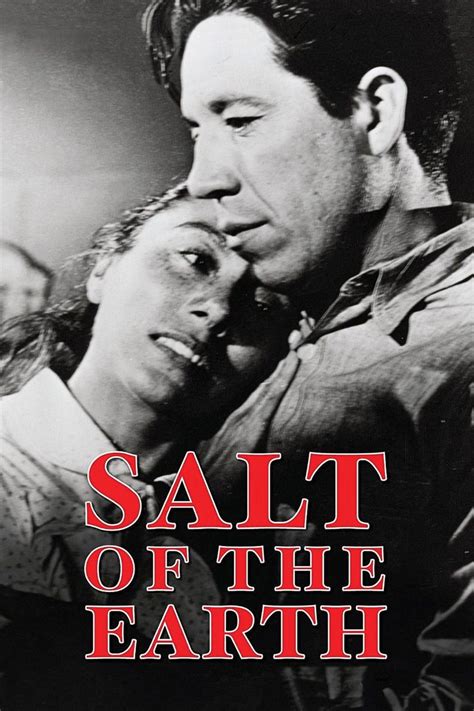The Salt of the Earth

Description:
The Salt of the Earth is a captivating documentary that chronicles the life and work of renowned photographer Sebastião Salgado. Over the past 40 years, Salgado has traveled across continents, capturing some of the most significant events of our time with his lens. The film offers an intimate look at Salgado's philosophy and artistry, as it explores his transition from documenting human suffering to celebrating the planet's beauty. Directed by Wim Wenders, it is a profound tribute to both Salgado's life and the art of photography.Keywords:
Photography, Humanity, Nature, Social Issues, ResilienceWhat does salt of the earth mean?
"The Salt of the Earth" is a phrase that originates from the Bible, specifically from the Sermon on the Mount in the Gospel of Matthew. It refers to people who are considered wholesome, valuable, and essential to society, often implying moral integrity and strength. In the context of the film, which highlights the struggles of miners and their fight for workers' rights, it symbolizes the dignity and resilience of ordinary people who contribute significantly to the community, despite facing oppression and hardship.
Why was Salt of the Earth blacklisted?
"The Salt of the Earth" was blacklisted primarily due to its political content and its association with leftist ideology. Released in 1954, the film depicted the struggles of Mexican-American zinc miners fighting for their rights, which was seen as a challenge to the status quo. Its production was influenced by the Hollywood Blacklist era, during which individuals suspected of communist ties faced severe repercussions. The film's lead actor, Juan Chacón, and director Herbert Biberman were both linked to leftist causes, further contributing to its blacklisting.
What does it mean to be salt of the earth in Matthew 5:13?
In Matthew 5:13, "salt of the earth" refers to people who embody goodness and moral integrity, serving as a preservative in society. Salt, in biblical times, was valuable for its ability to enhance flavor and prevent decay. Thus, being "salt of the earth" implies that individuals contribute positively to the world, promoting righteousness and spiritual vitality. It highlights the importance of their role in influencing others and upholding ethical standards, emphasizing their significance in the community.
What is the salt of the earth in the Bible?
In the Bible, the phrase "salt of the earth" originates from the Sermon on the Mount in Matthew 5:13. It refers to Jesus’ followers, emphasizing their role in preserving moral values and enhancing the world, much like salt preserves food and adds flavor. The term suggests that believers are called to live righteously and positively influence society, acting as a moral compass. If they lose their "saltiness," they risk becoming ineffective, highlighting the importance of maintaining their faith and integrity in the world.
Explore More Categories:
Avant Garde British Humor Self Destruction Misadventures Oz Universe Orphanage Coal Mining Mental Illness Investigative Journalism Yearning Film Noir Power Unexplained Events Art House Rodeo Sociopathy Human Spirit Fringe Science Agriculture Personal Transformation Identity Abuse Magical Realism Cybernetic Rebellion Acceptance